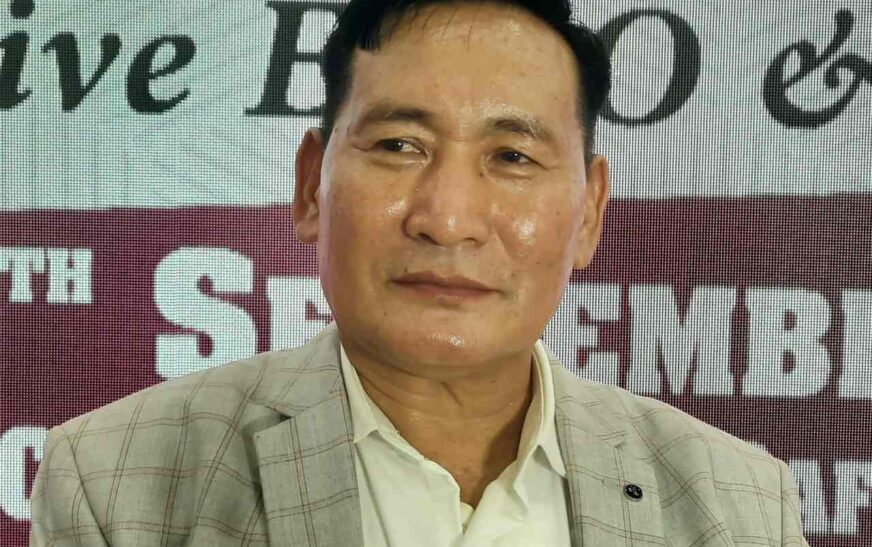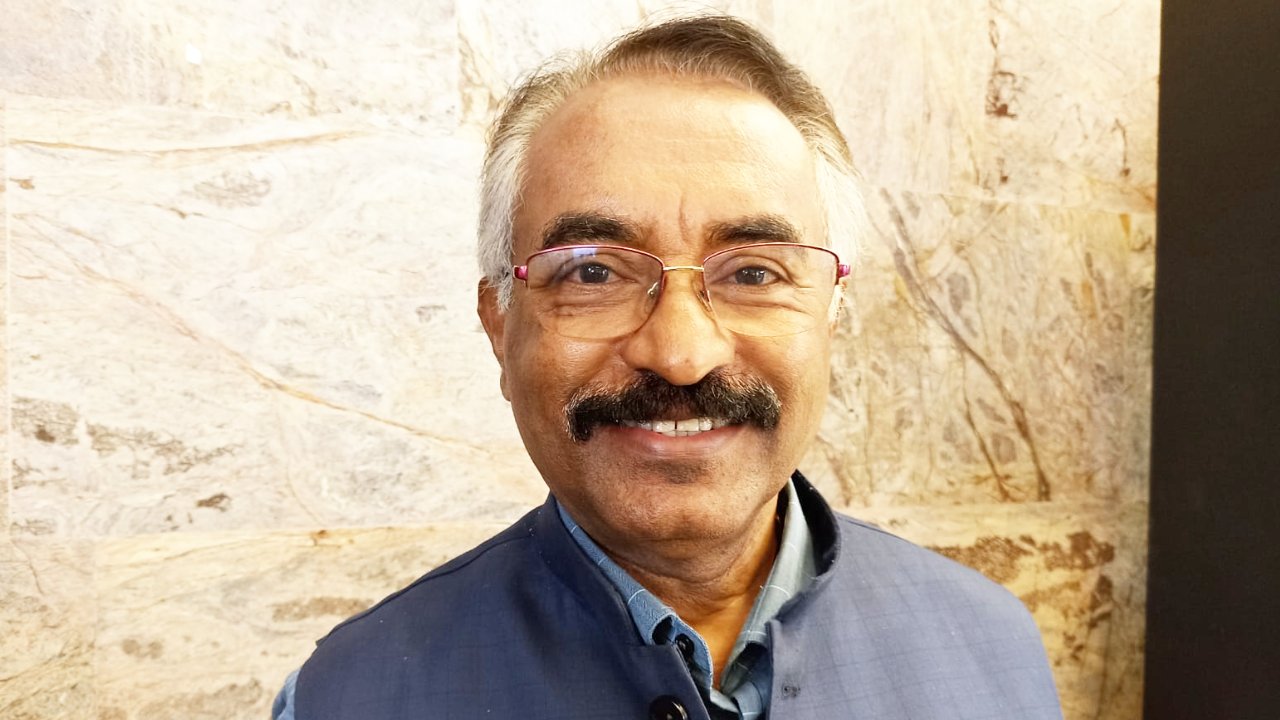India has rapidly ascended as a leading honey producer, driven by its favorable climate and rich biodiversity. Beekeeping, now gaining momentum as a sustainable agro-based activity, provides small-scale farmers with viable livelihoods. Spearheading this transformation is the National Beekeeping and Honey Mission (NBHM), which actively promotes scientific practices, boosts productivity, and upholds stringent quality standards in honey production.
In recent years, honey exports from India have surged, with the United States, Saudi Arabia, and the UAE emerging as major importers. Indian honey, celebrated for its quality, variety, and therapeutic benefits, has captured international attention. However, the industry faces challenges, including adulteration, inconsistent processing standards, and the impacts of climate change on bee populations.
To enhance exports, the Indian government prioritizes value-added honey products, organic certification, and strict adherence to international quality standards. Efforts are also underway to train beekeepers, improve infrastructure, and invest in cutting-edge research. With rising global demand for natural and organic products, India’s honey industry can achieve robust growth. Additionally, the industry strengthens quality control and sustainability measures.
In an exclusive conversation with The Interview World at the Potential Northeast 2024, organized by PHD Chamber of Commerce and Industry in New Delhi, Dr. T. Ashuhrii Romeo, Member of the National Bee Board, Ministry of Agriculture and Farmers Welfare, highlighted the untapped potential of the North East region. He also outlined the central government’s strategies to integrate the region into the national ecosystem. Furthermore, he emphasized key sectors to spur employment, and discussed the advancements in beekeeping research aimed at bolstering honey production. Here are the key insights from his conversation.
Q: The central government has highlighted the potential of the North East region. What specific strategies or initiatives are being implemented to integrate this region more fully into the national ecosystem?
A: The North East region of our country possesses unique and unmatched resources. To capitalize on these advantages, we must integrate our regional products into the national market. Our area produces exceptional goods, such as high-quality chili and honey. Specifically, the North East is renowned for its premium Sirena honey and stainless bee honey. Both of these varieties have high demand in international markets.
Despite this robust demand, we face a critical issue. Our domestic market cannot fully utilize the supply, resulting in significant waste. To address this, the government needs to take decisive action. We need to establish processing units to enhance the value of our raw products. The North East also offers vast potential for a variety of products. By harnessing this potential, we can drive substantial economic growth.
Under Prime Minister Narendra Modi’s vision for a Viksit Bharat by 2047, the North East can play a pivotal role as a key development partner in our country’s advancement.
Q: What are the key sectors in the North East region that have the potential to generate employment opportunities? Specifically, how do you view the roles of industries such as farming, agriculture, bee culture, textiles, and tea production in driving economic growth and job creation in the region?
A: Let me outline a few critical points. Assam tea is a point of national pride, reflecting the exceptional quality of our regional products. Similarly, honey is a valuable resource. If we extend our support to beekeepers—as advocated by Prime Minister Modi, who envisions a bee box in every household—we can create significant economic benefits. Supporting beekeepers will not only increase their income but also provide additional revenue streams for rural farmers, leading to new job opportunities.
Our North East region, blessed with rich mixed forests, holds substantial potential for expanding the agriculture sector. Key crops such as chili, turmeric, large cardamom, and ginger are in high demand, particularly in spice markets in Kerala. The success of these spice markets depends on a consistent supply of high-quality raw materials from the North East.
Given the excellent quality of these spices, it is crucial to promote local entrepreneurs and facilitate the sourcing of these materials from our region. By effectively harnessing and managing these resources, we can enhance the national supply chain and contribute significantly to national economic growth. Integrating these regional products into the broader market will bolster our agricultural sector and support sustainable development across the country.
Q: As a member of the National Bee Board, can you provide an overview of the country’s current state of honey production?
A: At present, we have limited honey exports. As previously highlighted, local demand remains exceptionally robust, overshadowing our focus on international markets. Our North East honey, which benefits from the region’s rich, mixed forests and diverse flora and fauna, is of exceptional quality.
With strategic support from the central government, we have a tremendous opportunity to establish ourselves as a powerhouse in the honey industry. Honey is a key component of the Prime Minister’s Sweet Revolution, featuring prominently in his flagship program. Given this high-level endorsement, we must enhance our efforts to promote the honey sector, especially in the North East region. By leveraging this support, we can fully capitalize on the region’s unique advantages and significantly boost our industry’s potential.
Q: What research is currently being conducted in the bee sector, and how is it expected to advance the industry more aggressively? Additionally, what initiatives is your board undertaking to promote honey production and its benefits?
A: The National Beekeeping Honey Mission operates under the Ministry of Agriculture and Farmer’s Welfare. I recently met with the Union Minister of State for Agriculture, where I emphasized the critical need to focus on the honey sector. Without adequate honey production, we face significant risks to our survival within the next three to four years.
Moreover, we must support and incentivize beekeepers to meet our ambitious goal of doubling agricultural income. This support is essential not only for maintaining honey production but also for achieving broader agricultural objectives. I have formally requested the relevant department to prioritize this issue and implement measures to bolster the beekeeping industry effectively.









